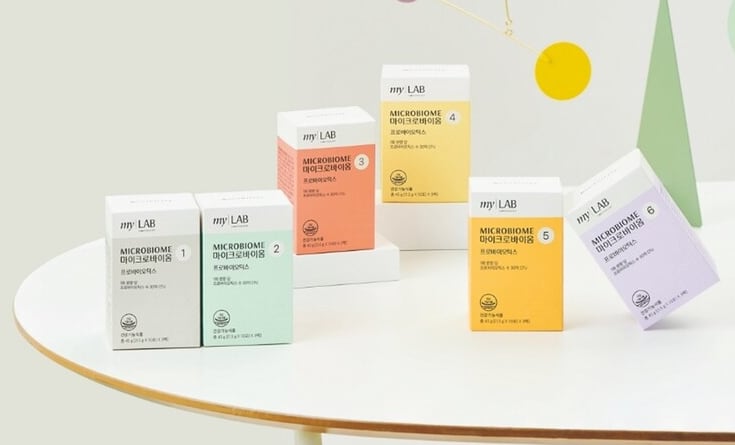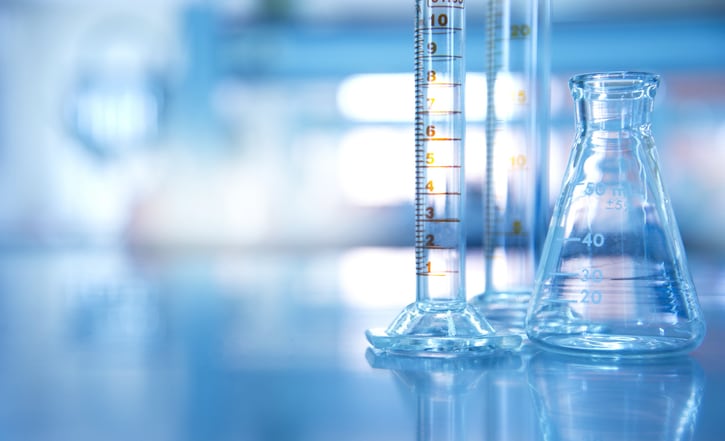Amway Korea has launched the testing service and six new probiotics products in mid-May using the technologies of local Korean firm Human Effective Microbes (HEM) Pharma.
NutraIngredients-Asia reported about Amway Korea’s partnership with HEM when it was first announced in 2020.
HEM is a start-up formed in 2017 by Dr. Yosep Ji and Dr. Wilhelm Heinrich Holzapfel, who was a professor at the Handong Global University’s School of Life Sciences.
Ji, who is the CEO of HEM, told us that the company decides which probiotics to recommend by first assessing the users’ gut microbiome using the Pharmaceutical Meta-Analytical Screening (PMAS) system.
During which, the company will make six in-vitro duplications of the users’ gut microbiome. Each duplication is then treated with each of the six probiotic products that HEM has developed for Amway Korea.
The amount and types of short-chain fatty acids, as well as microbiome diversity are assessed before and after the probiotic intervention to find out which product is the most beneficial for the users.
“Looking into the complexity of the microbiome, we definitely need the in-vitro system to understand the mode of action for probiotics personalisation.
“The metabolome analysis is also important to understand what kinds of postbiotics our microbiome is producing. This is key in understanding how we are going to manage our own microbiome,” Ji said.
Currently, it takes about four to six weeks for users to receive the results and the product recommendation.
The company advises users to take the probiotics for six to 12 months before they assess their microbiome again.
Asked how the service is different from the other existing personalised or precision probiotics service, Ji said that the firm’s selling point was the analysis of the users’ gut microbiome and short-chain fatty acid production post probiotic intervention.
He said that currently, some personalised probiotics services only use a questionnaire instead of collecting the users’ faecal samples to assess their gut microbiome.
Others might collect the faecal samples, and after analysis, the samples are categorised into certain groups. Users from the same group will be recommended with the same set of probiotics products.
There are also some services which claim that the users should consume probiotic products that contain strains lacking in their gut – a concept which Ji also does not subscribe to.
“We should be looking into the whole ecosystem of the microbiome, not a single strain perspective of the microbiome,” he explained.
Currently, HEM only looks at the types of short-chain fatty acids metabolites produced after in-vitro probiotics intervention when deciding which probiotics to recommend to the users.
However, since probiotics consumption also produces other metabolites such as vitamins and tryptophan, Ji also plans to assess the production of these metabolites as part of the precision probiotics service.
He added that some of the vitamins produced, such as nicotinamide/vitamin B3 were important for muscular health, while tryptophan played a role in brain health.
The products
The six probiotics launched all come in powder sachets and are marketed by Amway under the name ‘My Lab by Nutrilite’.
In total, the six products contain eight different probiotic strains from the Bifidobacterium and Lactobacillus species.
These strains were isolated from healthy babies or fermented foods such as kimchi.
The microbiome testing costs around US$200 and a month’s supply of the probiotics cost US$40.
The R&D
Ji has been developing the precision probiotics services and the probiotic products when he was doing his masters and Ph.D under the mentorship of Dr. Holzapfel.
The duo selected eight probiotics strains after assessing about 3,000 strains on 40 different human faecal samples.
The eight strains were then developed into 40 combination types, of which six were found to be the most beneficial.
Also, the PMAS in-vitro test platform has since been patented in the US and Korea last year.
Getting to Amway
Ji said his company got in touch with Amway Korea as the latter was looking at firms with new technologies which could be implemented into Amway’s business.
His firm was subsequently introduced to Amway Global in 2018.
In total, HEM has received about US$40m investment from the government and various business partners since 2017.





